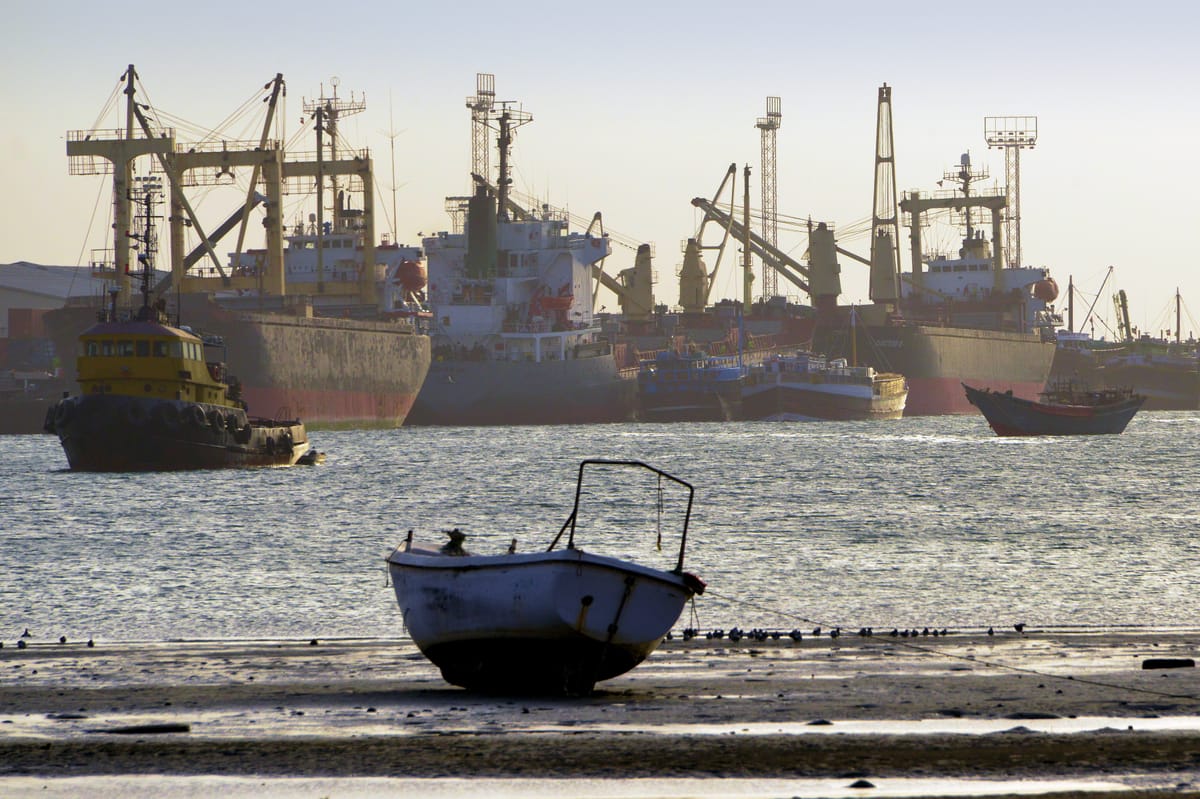China Presses for Stable Red Sea Shipping Amid Houthi Actions

The Lede: In the past week, China has made multiple calls for security in the vital Red Sea shipping route as attacks by Yemen-based Houthis have led to severe disruptions and increased commercial transit costs for its trade links with Europe.
What We Know:
- China’s latest calls to secure Red Sea trade routes come as Washington is believed to have reached out to Beijing to potentially leverage its relations with Iran to address the actions of the Yemen-based Houthis according to a Financial Times report.
- On Friday, Chinese foreign ministry spokesperson Mao Ning called for "an end to the harassment of civilian vessels in order to maintain the smooth flow of global production and supply chains in the international trade order." She noted that the Red Sea tensions stemmed from the war in Gaza and that quelling that war was a ‘top priority’ to prevent the expansion of conflict in the region.
- Chinese commerce ministry spokesperson He Yadong said on Thursday that he hopes ‘the relevant parties’ will act according to the ‘overall interests of regional security and stability’ as well as the ‘interests of the international community.’
- Without referring to the Red Sea, Chinese Premier Li Qiang spoke about the need to keep global supply chains ‘stable and smooth’ in his speech at the World Economic Forum in Davos.
- Senior Houthi official Mohammed al-Bukhaiti told the Russian outlet Izvestia that Russian and Chinese vessels passing through the waters around Yemen would not be targeted.
The Background: The Houthis in Yemen have launched several attacks in the critical shipping lanes off the coast of the country as a response to Israel’s invasion of Gaza. The U.S. and U.K. have launched air strikes in the past week against the Houthis in Yemen. China imports a significant amount of crude oil from Iran and other Middle East countries. Meanwhile, the Red Sea is its most efficient route to the European Union, its second-largest trading partner. Rerouting vessels from the Red Sea via the Suez Canal around the Cape of Good Hope can add two weeks to shipping times.
Likely Outcomes:
- Despite China’s military base in Djibouti, Beijing is unlikely to intervene militarily or put diplomatic pressure on Iran as both would place it on Washington’s side in the conflicts unraveling in the Middle East. It would be extremely unusual for China to take military action at all, especially so far from its immediate geographic surroundings. For now, China will likely keep a safe distance to wait and see how the situation develops. While Chinese producers prefer a quick return to normal shipping via the Red Sea, they will likely have to contend with the consequences of these disruptions moving forward.
- Logistics disruptions may be further exacerbated in the next weeks as the Lunar New Year approaches in February. Western consumers will likely experience delays and higher costs for goods coming from China for the next few months. However, this may give Beijing some breathing room to monitor and decide on diplomatic courses of action.
Quotables:
"If it's permanent, and it could be permanent, then the whole mechanism will be readjusted. Some (companies) may also consider moving more production to India, which is one week closer to Europe. Companies need to reevaluate everything…if [Chinese companies’] payment is delayed, they can't pay their suppliers, they can't pay their workers. China is so successful in the global market because they work with tiny margins: when you have volume, the money rolls in; when the money stops coming, you have a big problem." - Marco Castelli, founder of IC Trade
"China could potentially do — especially now that China wants to rapidly expand their navy — they could escort a lot of ships from neutral countries that directly have economic ties to China without being potentially caught in the same operation as the United States." - Julian McBride, founder and director of the Reflections of War Initiative
Good Reads:
China pushes for safety of Red Sea shipping as threat to its economy grows (FT)
China Urges End of 'Harassment' of Vessels in Red Sea (VOA)
Huthi Official Promises Safe Passage For Russian, Chinese Ships: Interview (Barron’s)
